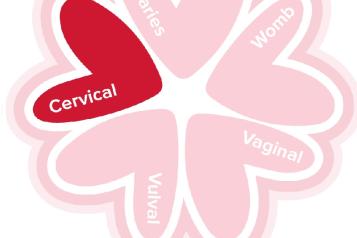Self Care Week 2023

What can we all do to improve our self care?
- Connect with other people
- Be physically active
- Eat a balanced diet
- Have a good sleep routine
- Learn new things
- Give to others, eg. volunteer or your community, help pout a friend
- Take notice of nature
- Enjoy a good book, song or game
- Take vitamin D supplements, particularly important as daylight hours decrease.
- Pay attention to the present moment (mindfulness)
- Understand the importance of vaccinations and screening.
- Find out how to manage minor and long-term health conditions
Find self care help fact sheets for a range of common illnesses and condtions.
Self care for illnesses and health conditions
Many common illnesses such as: colds, sore throats and vomiting bugs are self limiting. This means they will get better on their own. The best care is to rest, eat healthily, make sure you get plenty of fluids and take over the counter medicines such as paracetamol or ibuprofen if needed.
NHS 111 can help you decide if your symptoms need medical assistance.
Pharmacy's are a great local resource if you need some advice.
Pharmacists are experts in medicines who can help you with minor health concerns. All pharmacists train for 5 years in the use of medicines. They are trained in managing minor illnesses and providing health and wellbeing advice. Pharmacists can also help with information on your existing medications and when to get futher help.
Many pharmacies are open until late and at weekends. You do not need an appointment. Most pharmacies will have a private consultation room where you can discuss issues with pharmacy staff without being overheard.
Mental Health self care and support.
The self care tips above will help with both your mental and physical health. Find tips, guides, tools and activities to support and improve mental health at: Self Help - NHS


